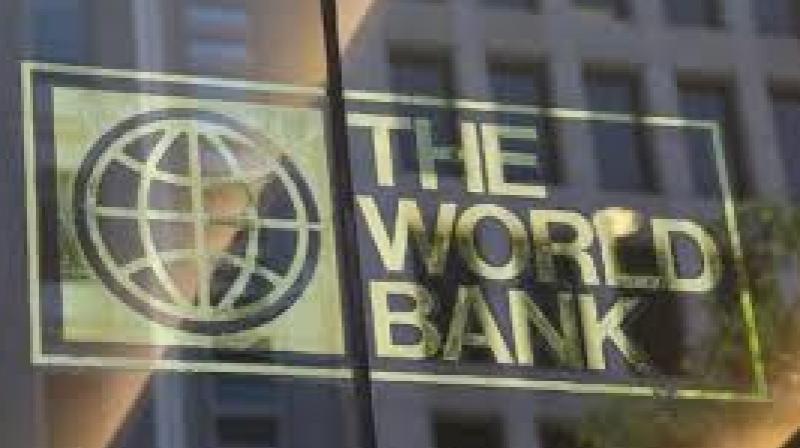International banking must for better growth prospects: World Bank
The World Bank said that international banking can have important benefits for development, but is no panacea and carries risks.

Washington: The restrictions imposed on foreign banks operating in developing countries since the 2007-09 global financial crisis are hampering better growth prospects by limiting the flow of much-needed financing to firms and households, a World Bank report has warned.
In its annual 'Global Financial Development Report 2017/2018: Bankers without Borders", the World Bank said that international banking can have important benefits for development, but is no panacea and carries risks.
Developing economy policymakers would do well to consider how to maximise the benefits of cross-border banking while minimising its costs, it said.
"International banking does create risks of exporting instability, especially for countries with poor regulations and institutions, and those risks need to be mitigated. But without a competitive banking sector, the poor will not be able to access basic financial services, many businesses will be locked out of markets, and growth in developing countries will stall," World Bank Group President Jim Yong Kim said.
Bank finance is essential for a vibrant private sector, particularly for nurturing small and medium-sized businesses, the report said.
Growing restrictions imposed on foreign banks operating in developing countries since the 2007-09 global financial crisis are hampering better growth prospects by limiting the flow of much-needed financing to firms and households, it said.
Developing countries can maximise benefits from a stronger banking system while shielding against risks through improving information sharing through credit registries, vigorously enforcing property and contract rights, and guaranteeing strong supervision of banks, it added.
According to the report, in the wake of the global financial crisis, the globalisation trend has been partially reversed, as multinational banks from developed countries have scaled back their international operations, coinciding with a general backlash against globalisation.
"While banks based in high-income countries drove exits, developing country banks continued their international expansion, accounting for the bulk of new entry into foreign markets," it said.
The global financial crisis has certainly led to a reevaluation of the potential benefits and costs of bank globalisation because many observers perceive global banks to have been mainly responsible for the transmission of shocks across borders during the recent financial crisis.
As advanced economy banks retrenched after the crisis, developing country banks stepped into the void and expanded across borders, accounting for 60 percent of new bank entries since the downturn.
The result has been an increase in banking relationships between developing countries and regionalisation of international banking operations, the report said.
"Openness to international banking is no guarantee of financial development or stability," said World Bank Research Director Asli Demirguc-Kunt.
"But a wealth of research shows how the right policies and institutions can ensure that openness leads to greater competitiveness, smoothing of local economic shocks, and increased access to the scarce capital needed to spur growth," he added.
Done right, enabling foreign bank entry and improving financial openness – alongside well-functioning capital markets -- can offer systemic benefits, including improved financial stability, greater competition, and improved resilience to economic shocks, the Bank said.

